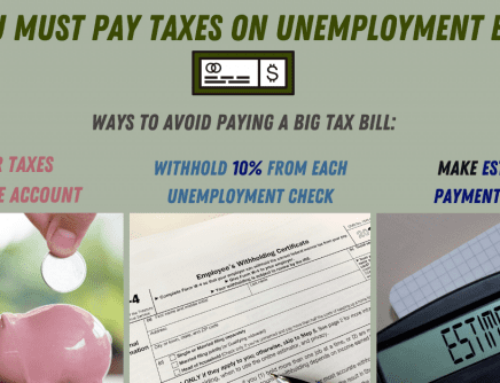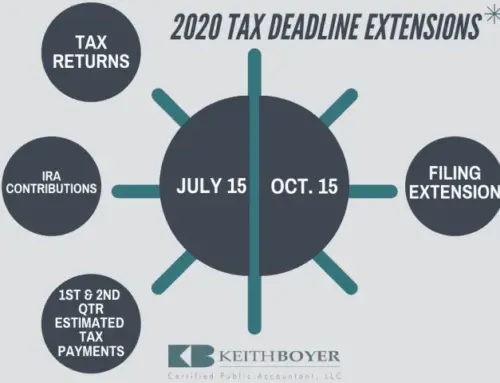
Tis the season for gift-giving to family and friends!
Whether it is a small gift to a colleague or a large gift, like helping your daughter buy a house, there are some gifts that the IRS requires you to pay taxes on.
With changes made in the Tax Cuts and Jobs Act, we are here to help you brush up on all the logistics when it comes to taxes on your holiday gifts.
First, let’s start off with what is considered a “gift”.
Everyone has their own definition of what they classify a gift to be.
However, while this may seem self-explanatory, it’s important to note in writing that the IRS considers a gift to be something that you give to someone without anything in return.
A gift can be anything you choose it to be – cash, a car, a house, even chocolate!
Plain and simple.
Now that we have clarified, what the IRS considers a gift to be, what items are subject to the Gift Tax?
The focus is not necessarily on what the item is, but is more about how much the item costs.
For 2018, a gift becomes taxable when it exceeds $15,000 (up $1,000 from 2017). It’s important to note that this 15K is per year and on each individual gift, not on the sum of the gifts combined. A married filing joint couple can exclude up to $30,000 in 2018.
The gift has to be a huge amount for it to be taxable. The lifetime exemption for the gift tax has been increased to $11,180,000 under President Trump’s tax cuts.
What is not considered a gift?
This is where logistics can get confusing. Often, we make large purchases for others that may appear to be gifts, but are actually considered “needs”.
The following are not considered gifts and are not subject to the gift tax:
- Medical Bills (if paid directly to the hospital or primary care)
- Education Tuition (if paid directly to the institution)
- Money given to political organizations
- Money given from spouse-to-spouse, as long as the spouse is a U.S. Citizen (there are different terms if your spouse is not a U.S. Citizen)
How do I file and why is it important to file?
In order to file for gifts that go over $15,000, you must fill out the Form 709: United States Gift Tax Return.
You must file and pay this tax because the IRS keeps track of how many times you’ve gone over and how much that costs against your lifetime exemption.
Final Thoughts
Ultimately, you only have to worry about this tax if you have gifted something with a huge price tag to someone. Little gifts that are given here and there are not going to be taxable.
Need help figuring out how to fill out Form 709 for multiple gifts? Do you plan on making a generous gift in 2019? Give us a call today to set up a consultation!
-Keith Boyer, CPA







